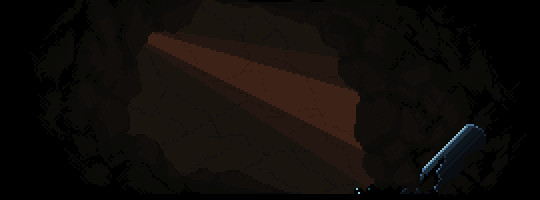[boo]
rakha-su-hakha |idm.| trick or treat [From rakha "to trick; lit. 'make smthg. system-abnormal'", su "or (conj.)", and hakha "to treat; lit. 'make smthg. system-normal"]
======================
The origin of this phrase can be found in the development of a relatively recent Matoran holiday, originally celebrated in Metru Nui and later transplanted into the Matoran-Agori culture of Spherus Magna. The holiday began as a memorial marking one of the greatest losses of life that occurred during the Toa-Dark Hunter War in Metru Nui: "The Night of Life and Death", popularly termed the Ikukravai or alternately Ikhukravai.
The variation in the name of the holiday is actually an intentional pun: i-ku-kravai translates as "night of life/living-things" (i- "of, from", ku "life(-process), spirit", kravai < kravahi "night"), whereas i-khu-kravai translates as "night of death/dead-things" (khu "separation", related to kaukhu "death; lit. 'separation from life'").
The phrase rakha-su-hakha is connected to the events of Ik(h)ukravai as follows: During the various nighttime ceasefires that were established throughout the course of the war, the sentries guarding Toa-controlled portions of Metru Nui would routinely use the phrase rakha-su-hakha as a watch-word, equivalent to "Are you friend or foe?" or "Do you intend us good (hakha) or ill (rakha)?"
On the night of the Ik(h)ukravai, a substantial force of Dark Hunters broke the ceasefire by ambushing sentries along the western edge of Ta-Metru and making an incursion toward the Colisseum. Initially caught off-guard, the forces of the Toa eventually rallied and managed to repel the invaders, but not without sustaining massive casualties, including many Matoran. According to legend, the twin moons of Metru Nui – referred to superstitiously as "the eyes of Mata Nui" – dimmed to blackness in the aftermath of the carnage, and it is said that the spirits of slain Toa and Matoran wandered the ruined streets for a time, clutching their broken masks, until an ominous Red Star appeared briefly in the sky where the moons had shone.
Historians count the Ik(h)ukravai as one of the culminating battles of the war, which precipitated the final resolution of the conflict. In modern times, however, the holiday has shifted to become a festival celebrating spiritual horror and the Matoran concept of the macabre, as well as the mystery of Matoran death. Participants traditionally wear specially-crafted Kanohi which are forged to appear broken or ruined in some way, and continue to greet each other with the phrase rakha-su-hakha. Tradition prescribes that if someone you do not know greets you with rakha-su-hakha, you must exchange masks with them temporarily, in order to "ward off the Red Star" ("initoi hauya")...
-
 4
4


2 Comments
Recommended Comments